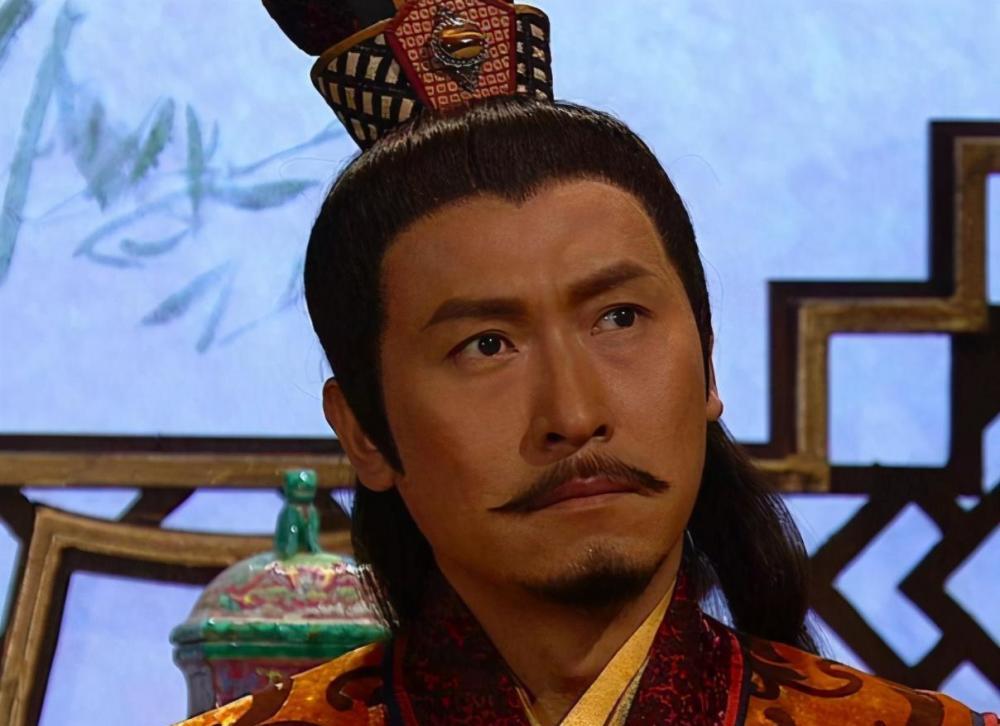Zheng He, a native of Jinning, Yunnan. His original surname was Ma (马), (名和), nicknamed Sanbao (三宝), also known as Sanbao (三保). Although he was born into a devout Muslim family, he respected and admired other religions and was inclusive of a wide range of religious beliefs.
He had been exiled to the West seven times, so why would a eunuch be sent as a "diplomat" to a foreign country?
At the beginning of the establishment of the Ming Dynasty, Zhu Yuanzhang stipulated that eunuchs were not allowed to interfere in the affairs of the dynasty, believing that eunuchs were only suitable for doing some daily chores or running errands for the emperor. Therefore, during the reign of Taizu in the Ming Dynasty, there were many precedents for eunuchs to go on missions.
When Ma He was 11 years old, he was captured by an army sent by Zhu Yuanzhang to pacify Yunnan. In his childhood, Ma He was castrated by a general in the army and became a show boy, and at the age of 14, he was sent to Zhu Di, the King of Yan. For this smart and cute child, Zhu Di also liked it, so he left Ma He by his side and let him learn a lot of cultural knowledge.

Yuan Jue of the Ming Dynasty recorded Zheng He in the "Ancient and Modern Knowledge": "Seven feet tall, waist and ten circumferences, four mountains and small noses, clear eyebrows, ears and mountains, teeth like shells, walking like tiger steps, sound like Hong Zhong, only negative longitude and latitude, Wentong Kong Meng, Bo debate and agility, good at wisdom, good at soldiers and good at war."
In the first year of Yongle, the monk Yao Daoyan received a horse and became a disciple of the Bodhisattva, and his name was auspicious.
As he grew older, Ma He became more quick-thinking and handled steadily, gaining Zhu Di's trust. Later, in the process of Zhu Di's seizure of the throne, Ma He was even more saddled before and after the horse, and the merit was great.
In the battle for the throne, Ma He made remarkable achievements in the Battle of Zhengcunba in Yanjing, and Zhu Di was happy, so he personally wrote a "Zheng" character and gave it to Ma He as a surname, so Ma He became "Zheng He".
In the early years of the Ming Dynasty, Zhu Yuanzhang implemented the "sea ban" system, which was gradually released by zhu Di, attracting a large group of Japanese ronin to the southeast coast to rebel, known in history as "Wokou". The Ming Dynasty attacked on the one hand, and sent people to make representations on the other, and the two sides signed a trade agreement, and the person who completed this task was Zheng He, that is to say, Zheng He himself had a lot of experience as a "diplomat".
From the third year of Yongle to the eighth year of Xuande, Zheng He and his companion Wang Jinghong (as mentioned above) led the huge Ming fleet to the West seven times, completing a great feat in human history. According to the History of ming, according to Tu Suoji, the countries that Zheng He's fleet sent were as follows: Champa City, Java, Chenla, Old Port, Siam, Guri, Managa, BoNi, Sumenta Thorn, Aru, Kochi, Grand Glen, Little Glen, Western Zori, Sulu, Gayile, Adam, Namburi, Gabriel, Namburi, Gabriel, Namburi, Gabriel, Mount Ceylon, Pahang, Qalandan, Khurumus, Slippery Mountain, Sun Thorn, Mukudushu, Ma Lindi, Thorns, Zufar, Bamboo Steps, Slow Basha, Tianfang, LiDai, Na Orphan, Shariwani, Bu Thorn Wow. A total of 36 countries and regions.
Zheng He and Wang Jinghong pushed the ancient Chinese maritime industry to the peak and made pioneering contributions to human marine civilization. Their diplomatic mission activities have also promoted trade exchanges and cultural exchanges between Asian and African countries, and pushed the spread of Chinese culture to the other side.
Not only navigators and diplomats, Zheng He's military talents are also valuable. In the Battle of Jingnan, Zheng Heli had great merits. In the process of going to the West, Zheng He successively commanded the plot to eliminate the pirate Chen Zuyi, crush the king of Ceylon, Ariel Kunel, and capture Suganla in Sumatra. In the three battles, he adopted corresponding tactics according to different environmental conditions, and all of them won victories.
In April of the eighth year of Xuande, Zheng He died in the kingdom of Guli on the west coast of India, and was buried at Niushou Mountain in Nanjing.
He was the perfect man in the history of Chinese eunuchs. He is regarded by all the peoples of Southeast Asia as the greatest myth in their hearts.
Zheng He's eldest brother Ma Wenming passed on his eldest son, Ma Enlai, to Zheng He, who later followed Zheng He and changed his surname to Zheng. Zheng Enlai gave birth to two more sons, one is Zheng Wanxian and the other is Zheng Tingxian, so future generations continue to inherit and pass it on from generation to generation. Although he is not a child of Zheng He's concubine, he is also a descendant after all.
No matter from his character, from his merits, from his influence, he is a model in the hearts of future generations of eunuchs, an unattainable holy mountain!
As the Qing Dynasty scholar Fan Fan praised: Zheng Hezhi was also famous in Yongle, thinking of his Feeding U Yao group practice day, galloping on the waves, so that Yanzhou rose to the sea to attack more than thirty countries, and the merits were grand, although Ban Chao and Fu Jiezi were not surprising. GaiYu Nei shan shui half originated from Dian, such as wood has roots and stems, so its bell to people, the rate is more pure and straight, the middle trick is like a person with eyebrows and willing to be fat!